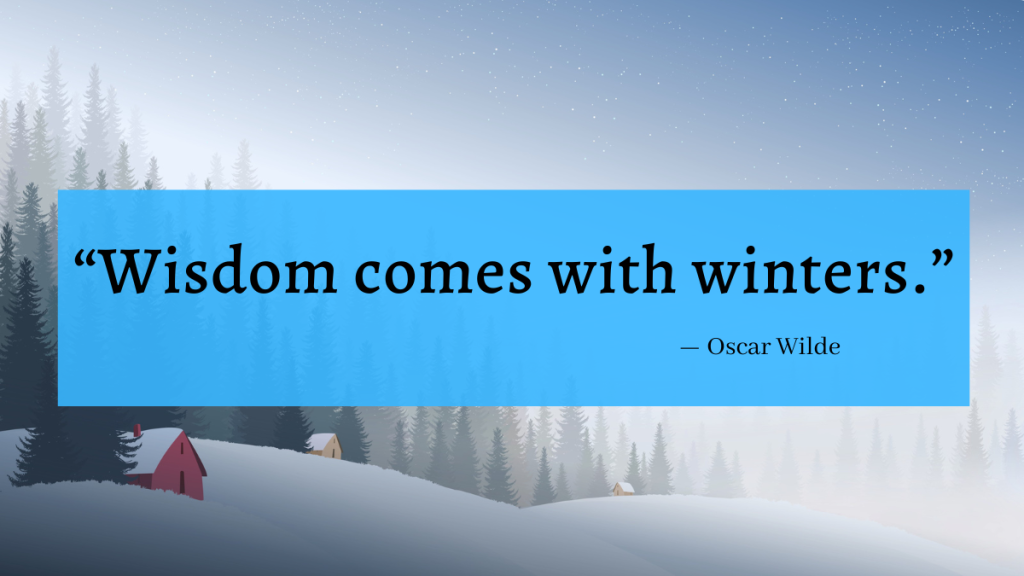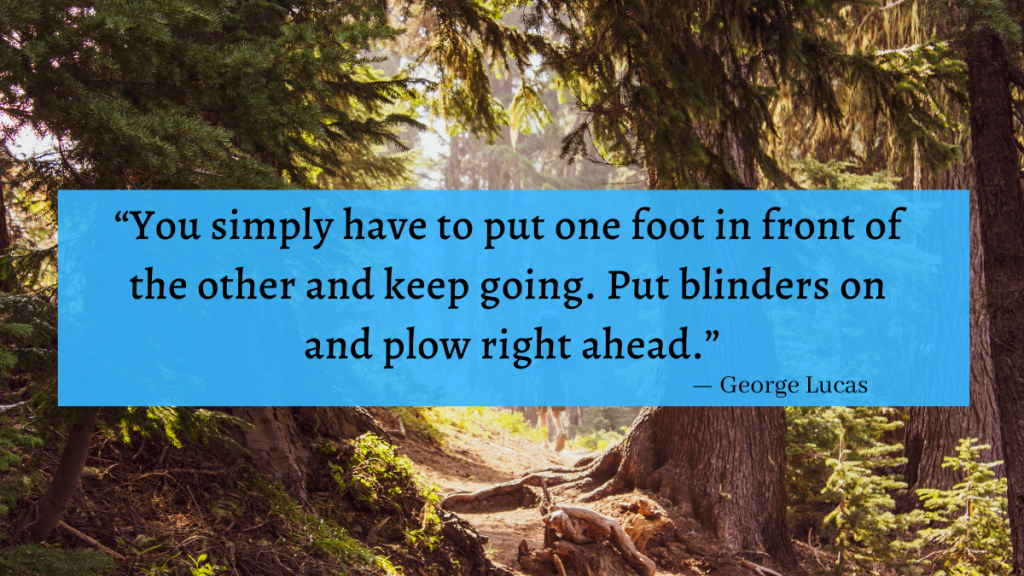Today’s guest post is from Michael Vallejo, a licensed clinical social worker and founder of Mental Health Center Kids.
When we watch TV, scroll through social media, or see other people’s achievements in life, we can develop unrealistic standards of beauty, intelligence, and success. This can create a habit of constantly comparing ourselves to others, which can lead to harsh self-criticism.
Harsh self-criticism can have a negative impact on our mental and emotional health. A healthier way to deal with your imperfections is to recognize them without judgment and respond with self-compassion.
What is Self-Compassion? (And Its Importance)
Self-compassion is the act of treating yourself the same way you would treat other people who are having a difficult time. It is noticing your suffering, having the desire to care for yourself, and recognizing that your imperfection or struggle is a part of being human.
Dr. Kristin Neff, who pioneered the study of self-compassion, identified the three elements of self-compassion:
- Self-Kindness. This involves being concerned and caring for your discomfort and distress. It’s being there for yourself when you find life difficult.
- Common Humanity. This means that you recognize that facing challenges in life is an experience that all humans share, so you don’t feel alone in your struggles.
- Mindfulness. To be mindful is to acknowledge your pain without overidentifying your negative thoughts and feelings. It takes a balanced approach that allows you to have the perspective to practice compassion for yourself.
Self-compassion is important in today’s society because it can help you strike a balance between striving for excellence and accepting your limitations. This way, you can bounce back from setbacks, learn from your failures, and still have a positive outlook in life even in the face of challenges.
Understanding the Concept of Imperfection
Perfectionism can leave us constantly stressed, burnt out, and unhappy with our lives. Moreover, unrealistic expectations can lead to low self-esteem and negative self-talk.
Imperfections are qualities or characteristics of something or someone that deviate from a perfect or ideal standard. It might refer to physical imperfections, such as scars or blemishes. Or even academic imperfections, such as grades that are less than perfect.
Before we can practice self-compassion, we need to recognize that flaws are a part of life. When we recognize that humans are imperfect, then we can look at our shortcomings and avoid falling into feelings of self-loathing. It allows us to understand that it’s normal to make mistakes or accept that some things are out of our control.
The Detrimental Effects of Self-Judgment
Self-judgment involves looking at yourself, your characteristics, actions, and behaviors in a critical or often negative way. When you talk to yourself in a negative way, you can start to believe that everything your inner critic says is true. Additionally, it can fuel your perfectionism tendencies, which can lead to a constant fear of failure.
The Power of Self-Compassion
Self-compassion can reduce the pressure to be perfect because you can accept that you’re only human. You can better bounce back from setbacks and cope with challenges. Moreover, if you treat yourself with compassion, you can treat others with the same understanding.
Studies on Self-Compassion
The concept of self-compassion and its effects have been researched in various studies. According to a 2007 research, self-compassion can reduce people’s reactions to negative events. It can lessen the impact of negative self-feelings when imagining distressing events and receiving contradictory feedback. Moreover, it can also make people recognize their role in negative events without being overwhelmed.
Self-compassion has also been linked to improved emotional well-being. In a 2022 study, results showed a positive two-way connection between self-compassion and happiness. It was also found that mindfulness was a significant contributing factor that influences happiness.
Strategies for Embracing Imperfection
Practicing self-compassion is key to embracing your imperfections. Here are some strategies you can try:
Practice mindfulness
Mindfulness is a key element of self-compassion. It’s taking a balanced approach to dealing with your negative thoughts and emotions, so you’re not avoiding or exaggerating your feelings. By being mindful, you are avoiding falling into the pitfall of rumination, which is the process of repetitive thinking or dwelling on your negative thoughts.
For example, if you catch yourself having a negative thought, take a moment to pause what you are doing. Acknowledge the thought as an impartial observer and label it as just a thought. Assess if your thoughts are helpful or useful. Recognize that you have the choice to let go of the thoughts if they’re not helpful to you.
Use positive affirmations
Affirmations are statements that you can use to challenge and replace negative thoughts about yourself. They can help you gain a more positive mindset.
Positive affirmations play an important role in practicing self-compassion because you’re promoting a kinder attitude toward yourself. They can help you challenge negative self-talk and break the cycle of harsh self-judgment.
Self-love affirmations can help promote body positivity, emotional well-being, self-compassion, personal growth, self-worth, and inner peace. For example, you can say, “I forgive myself for making mistakes. I believe in my ability to learn from them” or “I embrace my imperfections as a part of my unique and beautiful self.”
Accept and learn from mistakes
Instead of letting your failures defeat you, use them as opportunities for learning and growth.
First, acknowledge your mistake and recognize that it’s part of being human. The next step is to take responsibility for your actions and analyze the mistake to understand what went wrong. Ask yourself, what can you learn and what would you do differently next time.
If needed, you can take action to rectify the situation. You can also seek feedback from other people to gain another perspective. Then develop a plan so you can avoid repeating the same mistake in the future. Lastly, forgive yourself and let go of the self-blame so you can grow as a person.
Self-Compassion in Daily Life
Start your day mindfully by taking a few deep breaths and setting your intentions for the day ahead.
Then you can recite positive affirmations about yourself. Repeat these statements regularly multiple times a day so you can internalize them.
Try to practice self-kindness when you make mistakes or face challenges throughout the day. Replace negative self-talk such as “I’m so stupid for making mistakes” with “It’s okay to make mistakes, I will learn from it and do better.” This can help you achieve a growth mindset while being compassionate towards yourself.
At the end of the day, you can also write in your journal to express your thoughts and feelings during difficult moments and reflect on your mistakes. Use self-compassionate language as much as possible. Don’t forget to list down things you’re grateful for and celebrate your progress as well!
Embrace Your Imperfections Through Self-Compassion
Remember that your flaws are what make you human, relatable, and unique. That’s why embracing your imperfections is a powerful act of self-love.
You can practice self-compassion by being kind to yourself just as you would to a friend. It might take time and effort to gain this skill, but it’s all worth it in the end.
Michael Vallejo is a licensed clinical social worker with a private therapy practice in Colorado Springs, Colorado. He specializes in helping children and teens with mental health concerns. He is passionate about providing effective and compassionate care. He is an advocate for mental health awareness and is the founder of Mental Health Center Kids, a website that provides resources and support for parents, teachers, and mental health professionals who care for children and teens.








